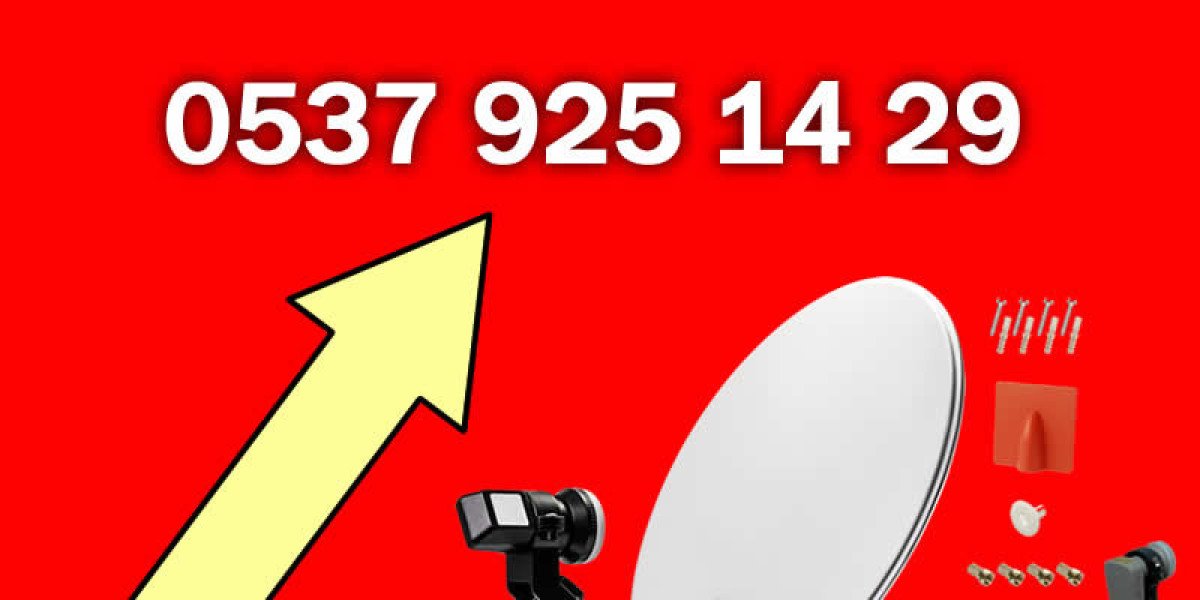Many individuals who begin using hearing aids often wonder, can hearing aids make you dizzy? This question arises from the complex relationship between hearing and balance. In this article, we will explore the potential reasons why some users may experience dizziness after starting to use hearing aids.

Understanding the Inner Ear
The inner ear plays a crucial role in both hearing and balance. It contains the cochlea, which is responsible for hearing, and the vestibular system, which helps maintain balance. When hearing aids are introduced, they can alter the auditory input, potentially affecting the vestibular system. This leads to the question: can hearing aids make you dizzy? The answer is nuanced.
Possible Causes of Dizziness with Hearing Aids
- Adjustment Period: When first using hearing aids, the brain needs time to adjust to the new sounds. This adjustment can sometimes lead to temporary dizziness.
- Improper Fit: If hearing aids do not fit properly, they can create pressure in the ear, which may contribute to feelings of dizziness.
- Underlying Conditions: Some users may have pre-existing conditions affecting balance, which can be exacerbated by the use of hearing aids.
- Sound Overload: Hearing aids amplify sounds, which can overwhelm the auditory system and lead to dizziness.
When to Seek Professional Help
If you find yourself asking, can hearing aids make you dizzy, it is essential to monitor your symptoms. If dizziness persists or worsens, consider consulting with an audiologist or an ear, nose, and throat (ENT) specialist. They can assess whether your hearing aids are the cause or if there are other underlying issues that need to be addressed.
Tips for Managing Dizziness
While adjusting to hearing aids, here are some tips to help manage dizziness:
- Ensure your hearing aids are properly fitted by a professional.
- Gradually increase the time you wear your hearing aids each day.
- Take breaks if you feel overwhelmed by sounds.
- Stay hydrated and avoid sudden movements that could exacerbate dizziness.
For more detailed guidance on this topic, you can visit this comprehensive guide.
Conclusion
In summary, while the question can hearing aids make you dizzy is valid, the experience varies from person to person. Understanding the connection between hearing aids and dizziness is essential for new users. By being aware of potential causes and seeking professional advice when necessary, individuals can enjoy the benefits of improved hearing without the discomfort of dizziness.







